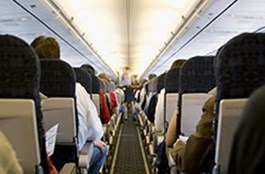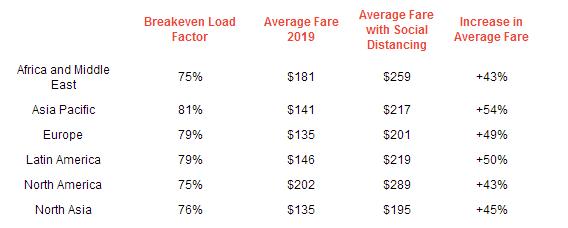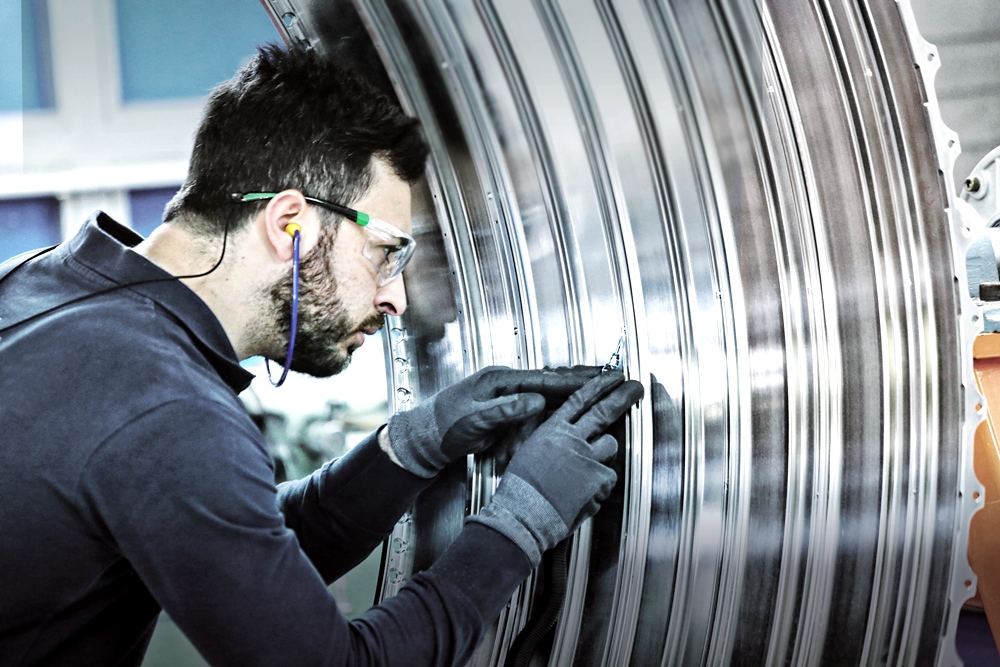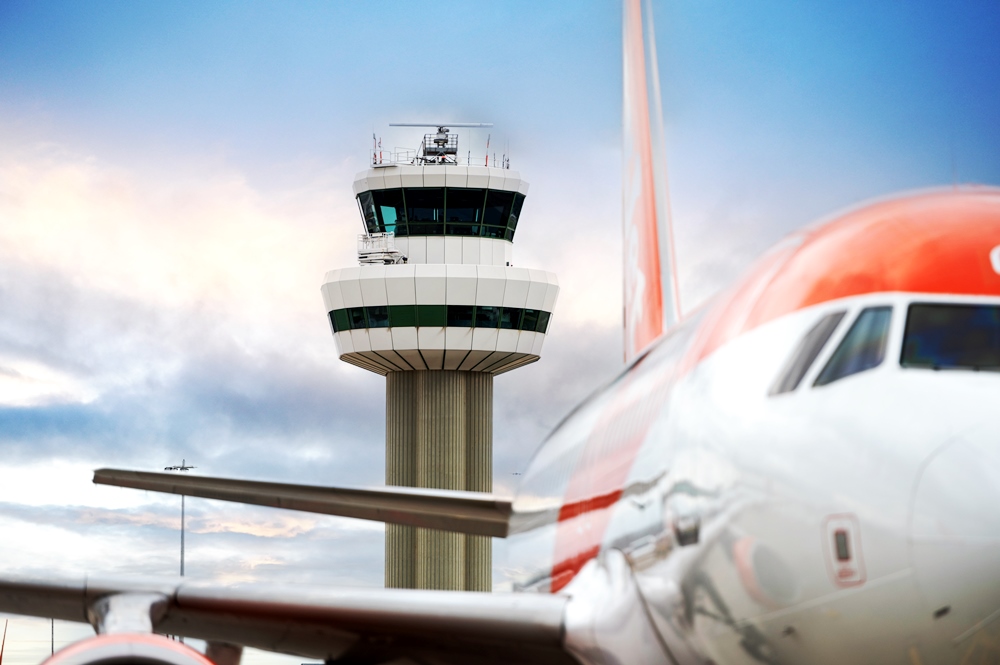IATA promotes passenger and crew face covers

Courtesy IATA
IATA does not however support mandating social distancing measures that would leave ‘middle seats’ empty. It says evidence suggests that the risk of transmission on board aircraft is low. Mask-wearing by passengers and crew will reduce the already low risk, while avoiding the dramatic cost increases to air travel that onboard social distancing measures would bring.
“The safety of passengers and crew is paramount. The aviation industry is working with governments to re-start flying when this can be done safely. Evidence suggests that the risk of transmission on board aircraft is low. And we will take measures - such as the wearing of face coverings by passengers and masks by crew - to add extra layers of protection. We must arrive at a solution that gives passengers the confidence to fly and keeps the cost of flying affordable. One without the other will have no lasting benefit,” said Alexandre de Juniac, IATA’s Director General and CEO.
IATA recommends mandatory face-coverings for passengers and masks for crew as one of several actions to reduce the already low risk of contracting COVID-19 on board aircraft.
In addition to face coverings, these layers of temporary biosecurity measures being proposed include:
- Temperature screening of passengers, airport workers and travelers,
- Boarding and deplaning processes that reduce contact with other passengers or crew,
- Limiting movement within the cabin during flight,
- More frequent and deeper cabin cleaning; and
- Simplified catering procedures that lower crew movement and interaction with passengers.
When proven and available at scale, testing for COVID-19 or immunity passports could also be included as temporary biosecurity measures.
IATA does not recommend restricting the use of the ‘middle seat’ to create social distancing while onboard aircraft. Evidence, although limited, suggests that, the risk of virus transmission on board aircraft is low even without special measures.
- Contact tracing for a flight from China to Canada with a symptomatic COVID-19 passenger revealed no onboard transmission
- Contact tracing for a flight between China and the US with 12 symptomatic COVID-19 passengers revealed no onboard transmission
- Communication with IATA member airlines indicates similar results:
An IATA informal survey of 18 major airlines identified, during January-March 2020, just three episodes of suspected in-flight transmission of COVID-19, all from passengers to crew. A further four episodes were reports of apparent transmission from pilot to pilot, which could have been in-flight or before/after (including layover). There were no instances of suspected passenger-to-passenger transmission.
A more detailed IATA examination of contact tracing of 1,100 passengers (also during the January to March 2020 period) who were confirmed for COVID-19 after air travel revealed no secondary transmission among the more than 100,000 passengers in the same flights. Just two possible cases were found among crew members.
There are several plausible reasons why COVID-19, which is spread primarily by respiratory droplets, has not resulted in more on-board transmission and why air travel is different from other modes of public transport:
- Passengers face forward with limited face-to-face interactions
- Seats provide a barrier to transmission forward or ft in the cabin
- Air flow from ceiling to floor further reduces the potential for transmission forward or aft in the cabin, moreover, air flow rates are high and not conducive to droplet spread in the same way as in other indoor environments.
- High Efficiency Particulate Air (HEPA) filters on modern aircraft clean cabin air to hospital operating theatre quality, further assisted by high levels of fresh air circulation
Moreover, even if mandated, keeping the ‘middle seat’ open will not achieve the recommended separation for social distancing to be effective. Most authorities recommend 1m-2m while the average seat width is less than 50 cm.
“The cabin environment naturally makes transmission of viruses difficult for a variety of reasons. That helps explain why we have seen little occurrence of onboard transmission. In the immediate term, our aim is to make the cabin environment even safer with effective measures so that passengers and crew can return to travel with confidence. Screening, face coverings and masks are among the many layers of measures that we are recommending. Leaving the middle seat empty, however, is not,” said de Juniac.
The long-term solutions for COVID-19 depend on medical science.
“We need a vaccine, an immunity passport or an effective COVID-19 test that can be administered at scale. Work on all of these is promising. But none will be realised before we will need to re-start the industry. That’s why we must be ready with a series measures, the combination of which will reduce the already low risk of inflight transmission. And we must be careful not to hard-wire any solution so we can be quick in adopting more efficient measures as they will undoubtedly become available,” said de Juniac
Economic Impact
Calls for social distancing measures on aircraft would fundamentally shift the economics of aviation by slashing the maximum load factor to 62%. That is well below the average industry breakeven load factor of 77%.
With fewer seats to sell, unit costs would rise sharply. Compared to 2019, air fares would need to go up dramatically - between 43% and 54% depending on the region - just to cover costs.

“Airlines are fighting for their survival. Eliminating the middle seat will raise costs. If that can be offset with higher fares, the era of affordable travel will come to an end. On the other hand, if airlines can’t recoup the costs in higher fares, airlines will go bust. Neither is a good option when the world will need strong connectivity to help kick-start the recovery from COVID-19’s economic devastation,” said de Juniac.
Click here to view the COVID-19 Cost of air travel once restrictions start to lift presentation
Click
here
to view the COVID-19 How to prevent transmission onboard presentation












